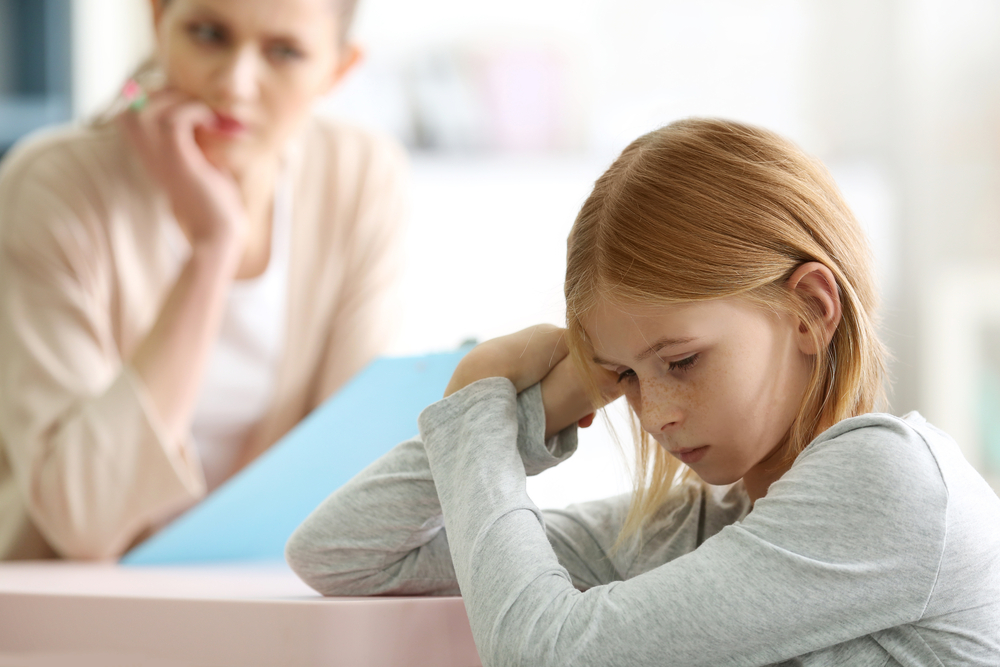Mental health refers to one’s emotional, cognitive, and behavioral well-being. The World Health Organization (WHO) explains mental health as “a state of well-being in which the individual realizes his or her own abilities, can cope with the normal stresses of life, can work productively and fruitfully, and is able to make a contribution to his or her community.” It encompasses several factors such as one’s biology, one’s psychological condition, and one’s habits. Although often neglected, environmental factors, such as physical environments that surround young people can contribute to their mental health and wellbeing both directly and indirectly. Environmental factors include a wide spectrum of components, ranging from one’s home and the people one spends the most time with, to the larger setting of one’s community, city, and state. Where a teen lives and what he or she sees, hears, smells, and breathes when walking outside will impact his or her mental health.
Physical Environmental Factors
Physical environmental factors that may impact a teen’s mental health include those that affect a young person’s biology or neurochemistry, which increases their risk of developing a mental health disorder. VeryWell Mind provides examples of physical environmental factors that can influence a teenager’s mental health, some of which include the following:
- Environmental pollution: Research has shown that children who grow up in areas that have higher levels of pollution are more likely to develop depression by the time they reach age 18.
- Presence or perception of crime or danger: One study found that crime as well as the fear of crime had a substantial effect on mental well-being.
- Type of housing: Homes with inadequate facilities, such as houses that have bugs, mold, and other problems can contribute to the mental health problems of the people who live in the house, including teenagers. A home that lacks ample space and forces teens to live in crowded rooms, houses that are in a constant state of uncleanness and tangible chaos can have a profound effect on an adolescent’s mental health. Though seemingly meagre, these things can collectively have a compound effect in triggering mental health issues in young people.
- Poverty: When children do not have access to health-related resources such as, nutrient-rich foods, for example, they tend to eat more processed and refined foods, which can interfere with their ability to function optimally and cause them to lack the needed resources to cope with emotional challenges effectively.
Of course, a healthful physical environment can contribute in positive ways to an adolescent’s mental health.
Further Information and Support
For most of us, life can be very stressful, leading us to feel emotionally charged, which can cause anxiety, panic attacks, depression, and getting stuck in a cycle of being burdened with negative thoughts. Navigating through the challenges and emotional turmoil of life can be overwhelming, but you do not have to go through it alone. Engage Treatment is a Joint Commission Accredited professional psychological practice. We specialize in treating children, teens, and young adults struggling with depression and anxiety through community-focused treatment plans that incorporate a carefully selected combination of therapeutic interventions. Our compassionate, multidisciplinary practitioners are devoted to providing the highest quality of care that helps ignite positive change and enables clients to reach optimal health and well-being. Please do not hesitate to reach out for guidance. We are happy to answer questions and provide you with any additional information. Feel free to call us at 805-497-0605 or email us at [email protected]. You are also welcomed to get in touch by filling out our contact form. We look forward to connecting and having the opportunity to discuss how we might best be able to support you.

